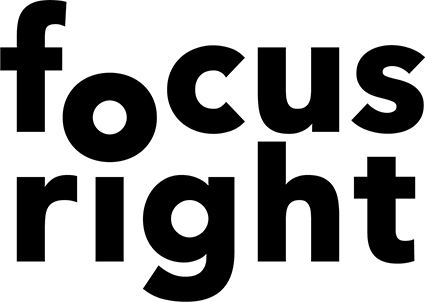“Companies are facing rising expectations on responsible business conduct”
LEGAL DEVELOPMENTS
Click on the world map to explore legal developments in human rights and environmental due diligence laws, as well as national action plans on business and human rights across each country.
| National Action Plans (NAP) on Business and Human Rights | NAP developing | ||
|---|---|---|---|
| NAP adopted | |||
| Mandatory Due Diligence (DD) Laws | DD laws developing | Narrow or broad due diligence laws in proposal stage, not yet adopted. | |
| Narrow DD laws adopted | Companies in the scope of the law are required to implement restricted due diligence, covering only certain topics, human rights, or steps of DD. | ||
| Broad DD laws adopted | Companies in the scope of the law are required to conduct extensive due diligence, covering most or all topics, human rights and steps of DD. |
Map compiled by focusright, sources include www.globalnaps.org, www.bhr-law.org and the European Coalition for Corporate Justice.
©2025 focusright ltd – last updated in March
2025







